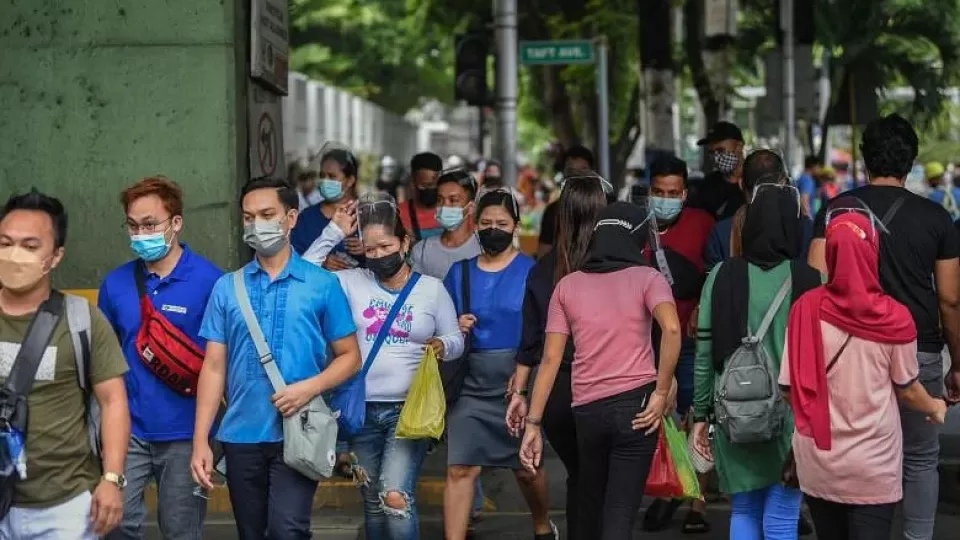June 27, 2022
MANILA, Philippines — The Department of Health (DOH) on Sunday announced that the administration of the COVID-19 booster dose for non-immunocompromised children aged 12 to 17 had been postponed.
“The Roll-out of the first booster/third dose for the rest of the non-immunocompromised adolescents aged 12-17 yo has been postponed in favor of better planning between NVOC (National Vaccination Operations Center) and LGU vaccination units,” said the DOH in a statement on Sunday
“The DOH will provide updates as soon as there are further developments,” it added.
This announcement came the same day Health Undersecretary Dr. Myrna Cabotaje stated in an interview over dzBB that the specific recommendation by the Health Technology Assessment Council (HTAC) prevented the delivery of the COVID-19 booster dose for non-immunocompromised children aged 12 to 17.
“We were confident sana po na after the immunocompromised sisimulan na ‘yung rest of the 12 to 17 booster kaya lang po may isang recommendation ang HPAC na nakikibargain kami,” said Cabotaje.
(We were confident that after the immunocompromised, the rest of boosters for the 12 to 17 year olds will start; however, the HPAC has a recommendation that we are bargaining with.)
“Ang gusto nila at least 40 percent ng first booster ng area ay sa senior citizen eh alam naman natin medyo mababa ‘yung first booster,” she added.
(What they want is that at least 40 percent of the first booster in the area is for senior citizens, but we know that the first booster is a bit low.)
Cabotaje admitted that the HTAC has scientific basis for the said recommendation support but bemoaned the practical difficulties it has caused.
“We are trying to negotiate na ‘wag nang bigyan ng ganoong condition basta ‘yung five months na lang na interval between the second dose and the first booster,” she said.
(We are trying to negotiate to lift that condition and just keep the five month interval between the second dose and the first booster.)
On the other hand, the booster dose for immunocompromised children ages 12 to 17 officially began on Wednesday, June 22.
However, Cabotaje bared that only 45 children were reported have been inoculated by the said dose since, in Metro Manila.
“May operation problems kasi ‘yung paghahanap ng mga immunocompromised, tapos ‘yung mga nanay pati mga hospital hindi nagpupursigi kasi gusto nilang isabay pati ‘yung mga ibang anak nila pati mga anak nila na hindi immunocompromised,” said Cabotaje.
(There are operation problems like the search for the immunocompromised, and some mothers and even hospitals aren’t motivated to get boosters because they just want to wait for their non-mmunocompromised children to be able to get boosted as well.)
“Kaunti lang din ‘yung mga bata (There are also very few children) that will meet the conditions that make them immunocompromised which the Health Technology Assessment Council (HTAC) prescribed,” she added.
The said conditions are the following:
-those receiving cancer treatment for tumors or cancers of the blood
-those undergoing organ transplant
-those who received stem cell transplants within the last two years
-those with moderate or severe primary immunodeficiency
-those with advanced or untreated HIV infection
-those with active treatment with high-dose corticosteroids or other drugs
-those undergoing dialysis
-those living with autoimmune disease and treatment with specific immunosuppressive medications
-those diagnosed with conditions considered to be immunocompromised


